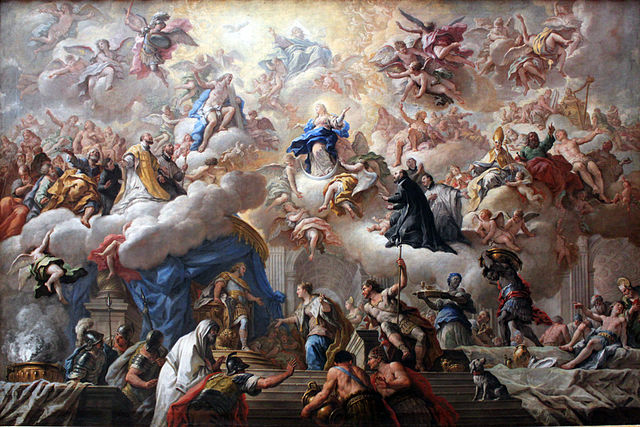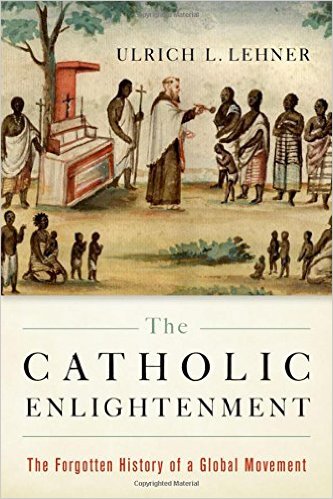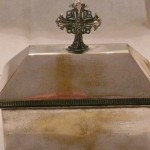
The story of the conflict between science and religion during the Enlightenment is mostly false.
Catholics are supposed to hate the Enlightenment. It is frequently said they are irreparably illiberal. Peter Gay’s National Book Award winning The Enlightenment: The Rise of Modern Paganism is representative of the outdated and ideologically-moviated standard scholarship. Recent historical scholarship says otherwise. Catholics contributed to Enlightenment science and Enlightenment science helped to bolster Catholic doctrine.
When I reposted my interview with Charles Camosy on the new anti-abortion supermajority to coincide with the March for Life Ulrich Lehner, the author of The Catholic Enlightenment: The Forgotten History of a Global Movement, reminded me of a fascinating episode from his book.
It is well-known that even Aquinas, following Aristotle, didn’t believe ensoulement, also known as quickening, occurred until something like 40 to 80 days after conception. This did not quite deter Aquinas from saying that abortion was justified. However, some theologians in theory, and laypeople in practice, thought this view justified abortion until the time of quickening.
The story of how that opening was closed is one of the most interesting stories in a book packed with little-known episodes from the history of the Age of Reason. The Catholic Enlightenment tells how this change in abortion practice came about through changes in the liturgical calendar and Enlightenment science:
Early term abortions sometimes occurred because a small–and over the century, decreasing–number of Catholic theologians believed the fetus would only gains his or her soul, and thus the status of a person after quickening. In 1661 about 600 Parisian women confessed to their priests they had undergone an abortion before quickening. In the 18th century, however, the ancient idea that the fetus would gains its soul only a few months after conception was put to rest. Its demise began when in 1708 the feast of the Immaculate Conception of Mary the Mother of God was inserted into the official liturgical calendar.

He continues by explaining how this new emphasis upon the Immaculate Conception dictated practice:
Only because Mary was a full human person from the first moment of her being she had been endowed with grace and thus preserved from all original sin. This decision influenced how theologians looked at the human person. If Mary was a human person with a soul from conception on, then it was likely that all human life began at conception.
Scientific discoveries of the time went hand in hand with this line of theological reasoning:
A few decades afterward, scientific evidence buttressed this theological argument. In the 1740s, medical doctors began to describe the fetus as a “little child.” The Italian physician Giovanni Bianchi had introduced the differentiation between embryo and fetus, and his insights were spread among theologians in a book titled Sacred Embryology by the Jesuit Francesco Cangiamila.
I would only add that the working in tandem of theology and science in the service of protecting life is mirrored by recent trends in American opposition to abortion. The author of Beyond the Abortion Wars pointed to me in an interview how recent innovations in prenatal imaging have helped to bolster the theological arguments made against abortion.












